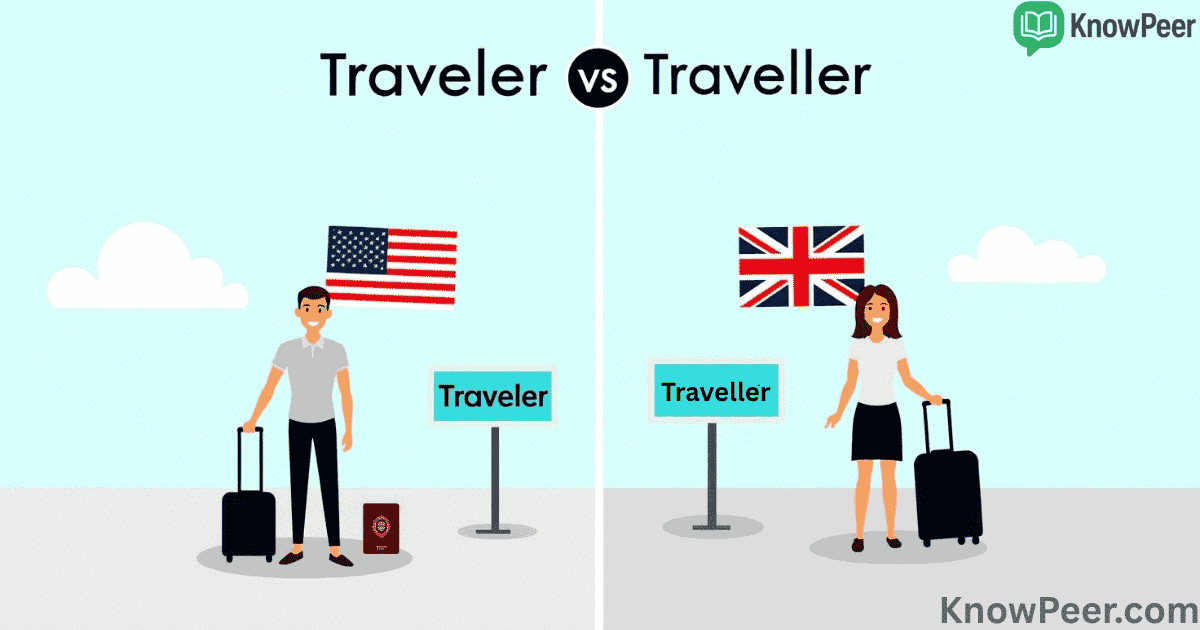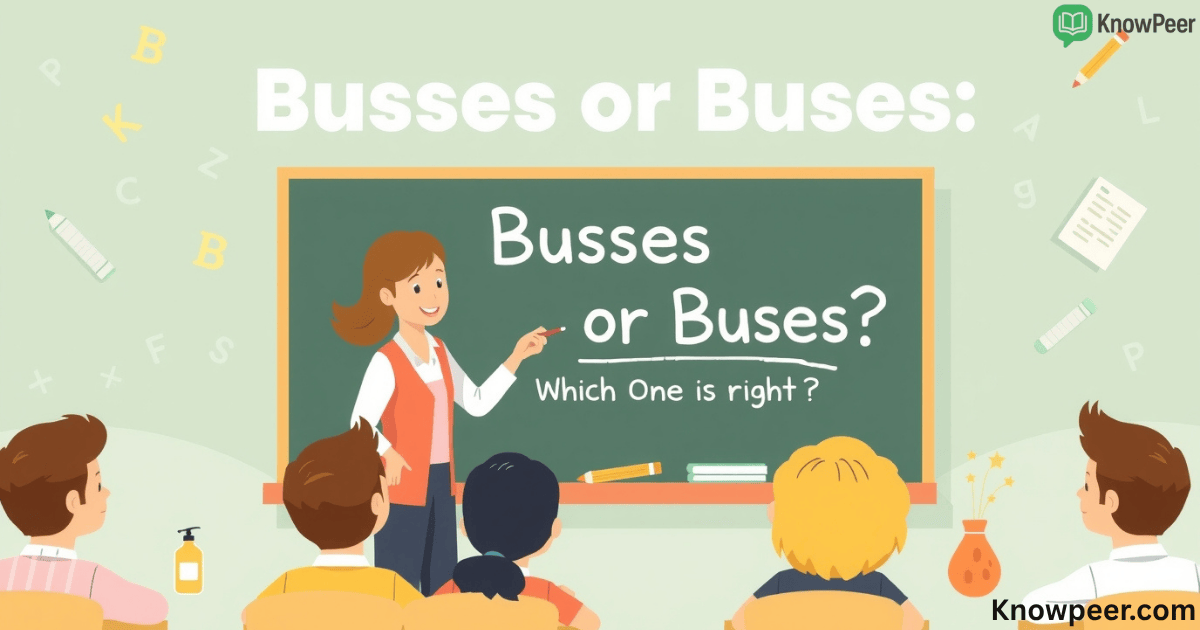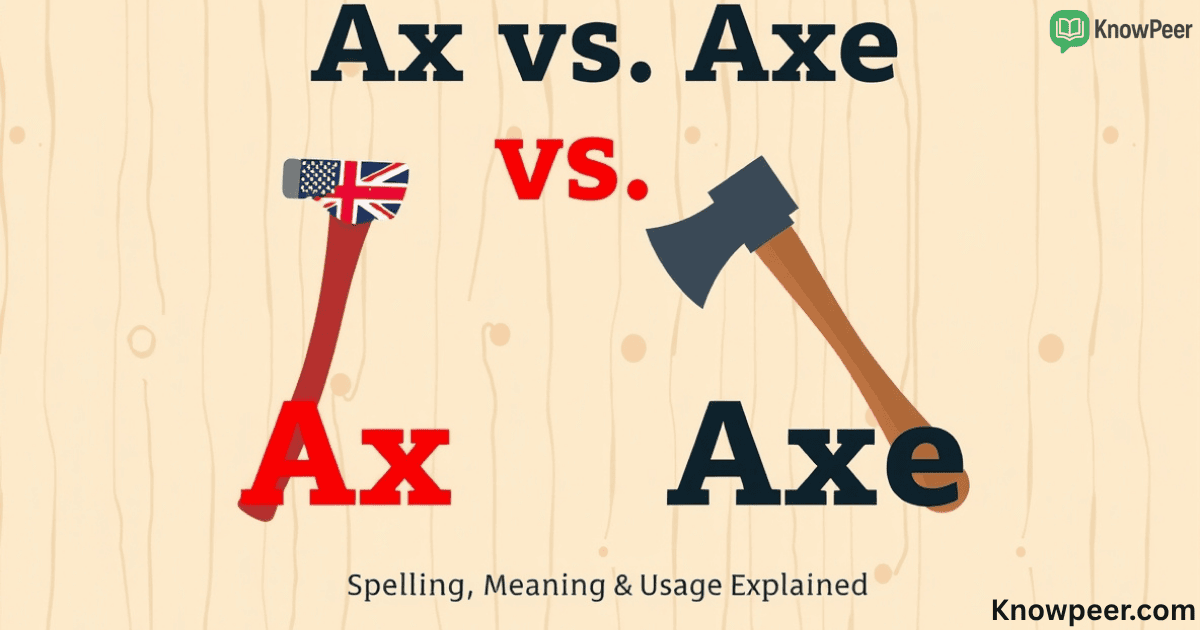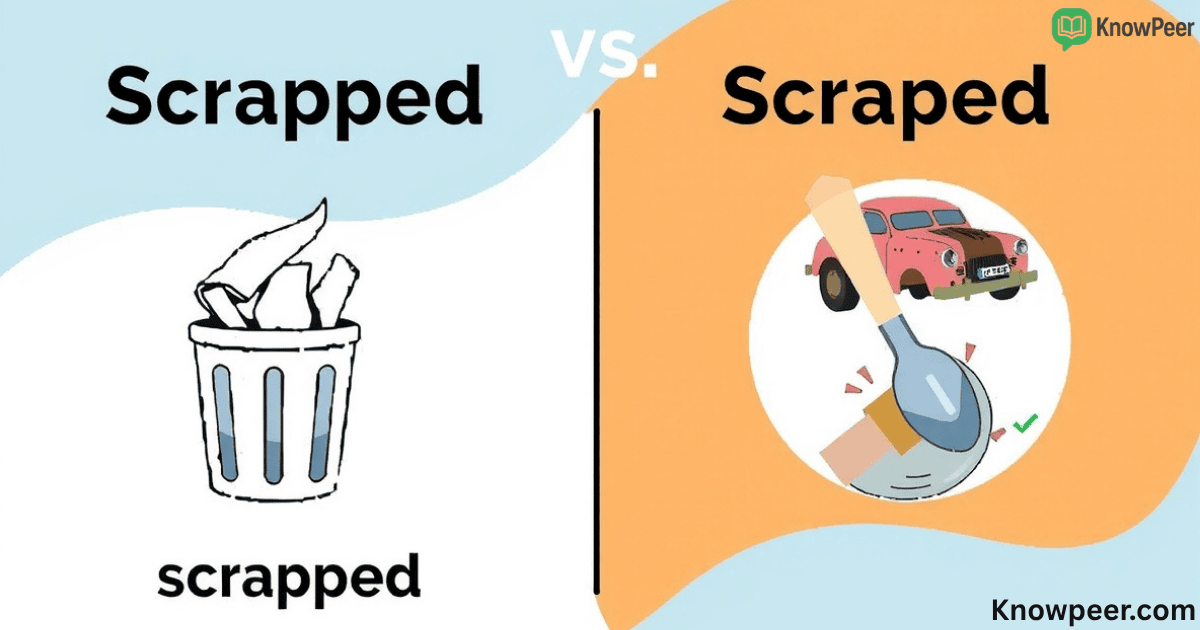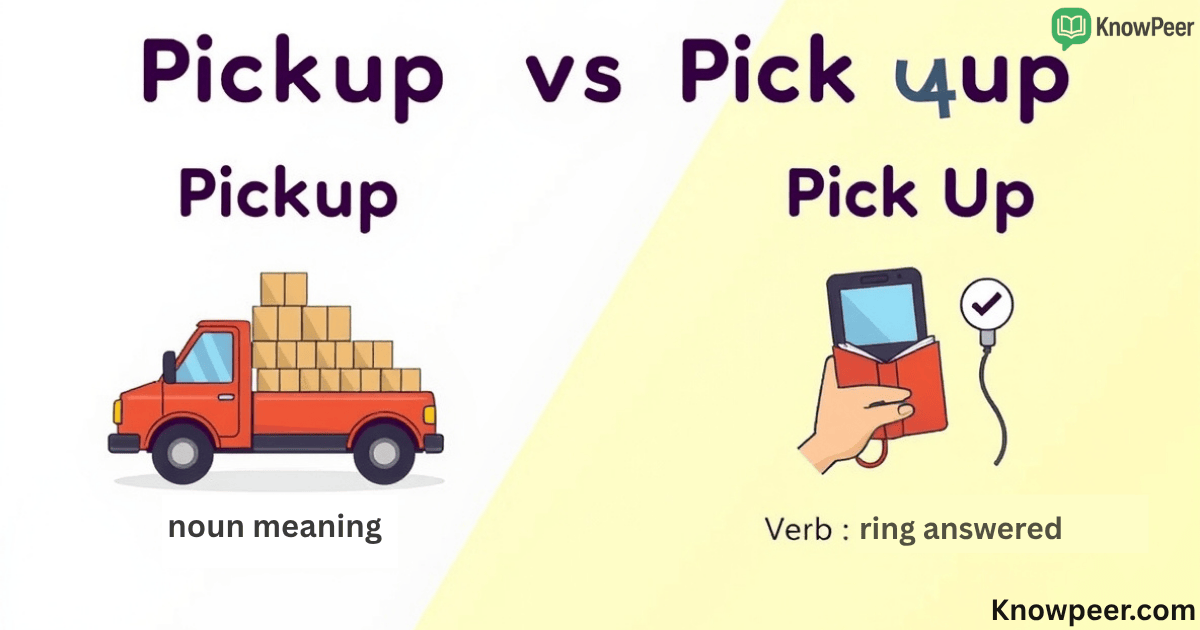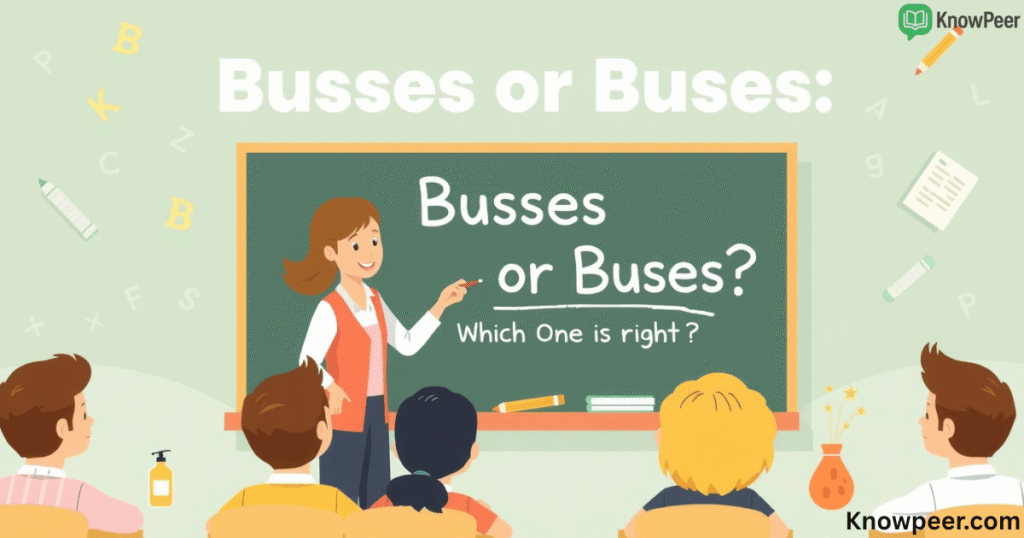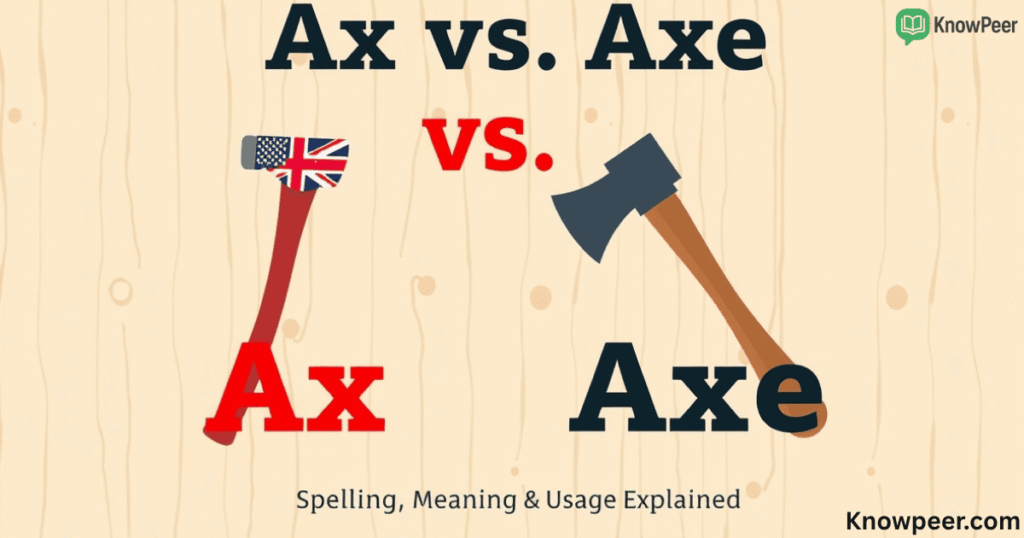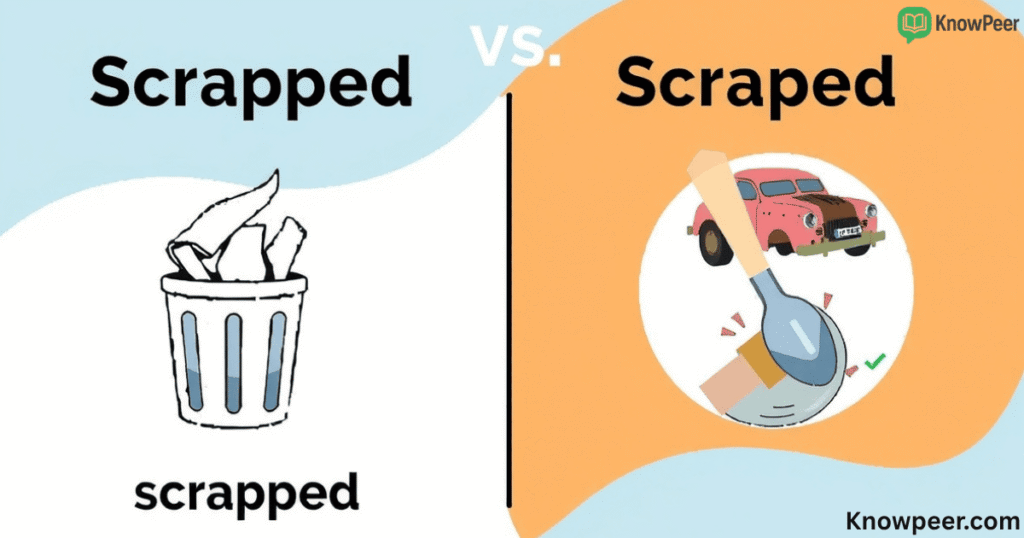Traveler or Traveller: What’s the Real Difference?
The words traveler and traveller both mean the same thing. They refer to a person who travels, often for work, fun, or adventure. But they’re spelled differently in different parts of the world. This small spelling difference has caused a lot of confusion. Many people ask, “Which spelling is correct?” The answer is both are correct, depending on where you are.
This difference is not just about extra letters. It shows how English spelling can change across regions. In the United States, the correct form is traveler with one “l.” In the United Kingdom and other countries that follow British English, it’s traveller with two “l’s.” This is one of many examples of American vs British spelling differences.
Spelling Rules and the Doubling Dilemma
The reason for this difference comes from basic grammar rules for traveller and other words like it. In British spelling rules, when you add a suffix like “-er” or “-ed” to a verb and the stress falls on the last syllable, the final consonant is doubled. That’s why you get traveller, cancelled, and modelled in British English.
In American English spelling, this doubling doesn’t usually happen unless the stress is on the final syllable. So, Americans write traveler, canceled, and modeled. This follows Noah Webster’s spelling reform, which aimed to simplify and standardize US English. He believed fewer letters made words easier to read and write.
American English: Why ‘Traveler’ is Preferred
In American English, the word traveler is spelled with one “l” because of a language change led by Noah Webster in the 1800s. He wanted to simplify the English language for American readers. So, he removed extra letters that weren’t needed for pronunciation. That’s why Americans write color instead of colour, and traveler instead of traveller. This change became standard in American books, schools, newspapers, and dictionaries. Over time, it shaped how Americans spell many words differently than in the UK.
Today, the single “l” spelling is found everywhere in the United States. From The Time Traveler’s Wife to National Geographic Traveler, major publications follow this rule. US dictionaries like Merriam-Webster list traveler as the correct spelling. American schools also teach it this way, and autocorrect spelling tools based on U.S. settings will fix “traveller” to “traveler.” For writers targeting U.S. readers, using traveler is the clear and correct choice.
British English: Why ‘Traveller’ is the Standard
In the UK, the spelling traveller follows older British English spelling rules. It’s seen as more traditional and proper.
If you read British newspapers or watch travel shows made in the UK, you’ll notice this spelling everywhere. UK travel spelling also appears in official documents, news sites, and even government tourism websites. The editorial style in the UK strongly sticks to the double L spelling.
Global Use: Which Spelling Dominates Where?

English is spoken all around the world. But not everyone uses the same version. In the U.S., people write traveler. In the UK, Australia, New Zealand, South Africa, and India, the spelling is traveller. These countries follow Commonwealth spelling practices.
To help understand where each spelling is used, here is a simple table:
| Region | Preferred Spelling | English Style |
| United States | Traveler | American English |
| United Kingdom | Traveller | British English |
| Canada | Both (Mostly Traveller) | Mixed/Canadian English |
| Australia | Traveller | British/Commonwealth |
| India | Traveller | British English |
| New Zealand | Traveller | British/Commonwealth |
Canadian English: Stuck in the Middle?
Canada is a mix of both American and British influences. In spelling, Canadian English often leans toward British spelling rules, but it’s not always consistent. So in Canada, both traveler and traveller can be seen. But most official and government sites use traveller.
This mix can cause confusion. Many Canadians also write content for U.S. readers. That’s why some Canadian travel bloggers choose the American spelling to keep their content more SEO friendly. This is a perfect example of how language localization plays a role in writing.
Australian & New Zealand Usage: A British Legacy
Both Australia and New Zealand follow British English spelling closely. So traveller with two “l’s” is standard. You’ll find it in schools, tourism ads, and news articles. These countries continue to use UK education spelling systems that teach double consonants.
Even though U.S. influence is growing through media and tech, the traditional spelling still holds strong.
Autocorrect, Spellcheck & SEO Implications
Autocorrect spelling tools often change words based on your language setting. If your device is set to US English, it will mark traveller as wrong. If it’s set to UK English, it will reject traveler. This creates confusion for people switching between versions.
There are also SEO implications of traveler/traveller. Search engines treat both spellings as unique terms. This means travel blog spellings should match their audience’s location for better visibility.
Journalism, Publishing & Professional Writing
In journalism and publishing, following an editorial style is very important. U.S. publications like the New York Times use traveler, while UK papers like The Guardian use traveller. Writers are expected to follow the house style guide strictly.
For authors, knowing the audience is key. A British author writing for an American publisher will often have their work edited to follow American travel spelling. This ensures consistent spelling in blogs, books, and articles. It’s also important in spelling in journalism, where clarity and correctness matter.
Branding, Marketing, and Audience Trust
Brands also care about spelling. A travel company that works globally must choose wisely. Using traveler vs traveller brand style affects how trustworthy and local a brand appears to its audience. Travel agency spelling consistency helps in building a clear brand identity and language.
Marketing materials should match the spelling norms of the audience. If your website uses traveler but your audience is British, it may feel foreign or incorrect. This is where language localization becomes key to connecting with users and building trust.
The Role of Language Change & Evolution
Language is always evolving. Some older spellings fade, and new ones take over. In the past, people in England also used “traveler” sometimes. But over time, one version won out in each region. Today, we see changes faster because of the internet and global content.
Even so, English remains a flexible language. These differences in English usage make it richer. New trends in writing, like digital blogs and social media, often ignore rules. But for professional work, spelling still matters a lot.
Does the Spelling Really Matter Anymore?
To many readers, traveler or traveller might look the same. They understand the meaning either way. But in formal writing, you should be consistent. Using both forms in the same article looks unprofessional and can confuse readers.
In emails, resumes, or publications, choosing the correct form shows attention to detail. Whether you’re following British spelling rules or simplified American spellings, stick to one style based on your target audience. That’s the best way to avoid confusion and sound professional.
Real-World Examples: Travel Blogs, Books & Ads

Let’s look at some examples. The famous novel “The Time Traveler’s Wife” uses the American form. So do most U.S. blogs like Lonely Planet US. But UK travel blogs like The Travel Hack or VisitBritain use traveller everywhere. This shows how spelling in publishing matches audience expectation.
In ads, companies also stay consistent. British Airways uses “traveller” on its website and brochures. In contrast, American Airlines uses “traveler.” These examples show how spelling in marketing materials reflects national preferences.
Table: ‘Traveler’ vs. ‘Traveller’ at a Glance
| Spelling | Region | Based On | Used In |
| Traveler | United States | Noah Webster Reform | US blogs, media, tech, tourism |
| Traveller | UK, Australia, others | British spelling rules | UK press, Commonwealth content |
| Both | Canada | Mixed influences | Blogs, schools, government writing |
Practical Tips for Writers, Editors & Content Creators
If you’re writing for an American audience, use traveler. For British, Australian, or Indian audiences, go with traveller. Always check your spellcheck language settings and match your spelling to your platform’s audience. It helps with spelling in search engine results and builds trust.
Writers should follow one style consistently. Editors should pick the style based on the reader’s location. Content creators should use SEO tools to research which spelling ranks higher in their market. It’s all about knowing who you’re talking to and speaking their language.
Conclusion
Both traveler and traveller are right. Neither is better. What matters is being clear, consistent, and correct for your readers. Whether you’re writing travel-related content, publishing books, or running a blog, always check which spelling fits your audience.
The world is connected, and English comes in many flavors. Respect the variety, choose one form, and stick to it. That way, your message will travel far—no matter how you spell it.

